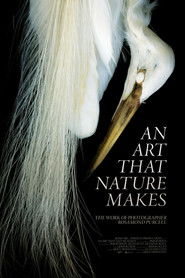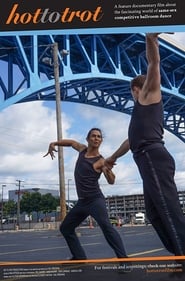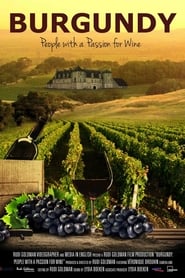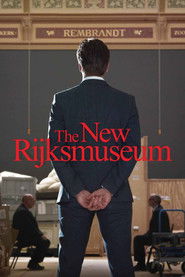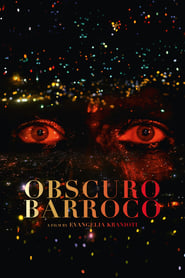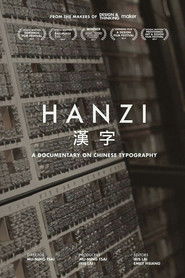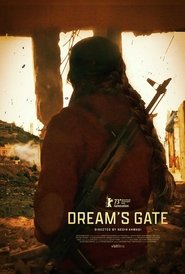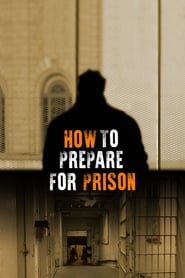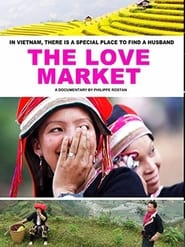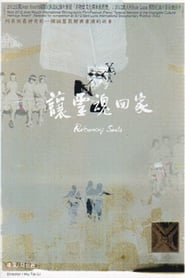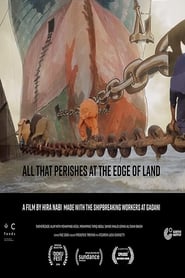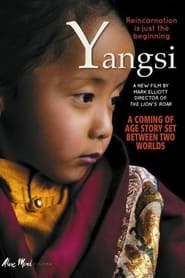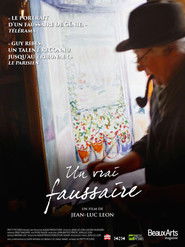Popular Documentary Movies on Kanopy - Page 232
-
An Art That Nature Makes: The Work of Rosamond Purcell
2016
star 5Finding unexpected beauty in the discarded and decayed, photographer Rosamond Purcell has developed an oeuvre of work that has garnered international acclaim, graced the pages of National Geographic and over 20 published books, and has enlisted admirers such as Jonathan Safran Foer, Errol Morris and Stephen Jay Gould. AN ART THAT NATURE MAKES details Purcell’s fascination with the natural world—from a mastodon tooth to a hydrocephalic skull—offering insight into her unique way of recontextualizing objects both ordinary and strange into sometimes disturbing but always breathtaking imagery. -
Safe Haven
2020
Safe Haven
2020
Safe Haven weaves together the powerful stories of U.S. war resisters who sought safe haven in Canada during both the Vietnam and Iraq wars. -
Corner Store
2010
Corner Store
2010
star 6Corner Store is about family, community and patience, told through the eyes of a man who has spent 10 years living the back of his store, working long, hard days while waiting to bring his family to San Francisco from their native Palestine. -
That's Wild
2020
That's Wild
2020
star 1The award-winning feature documentary That’s Wild tells the inspiring journey of three teenage boys at-risk from Atlanta attempting to climb four 12,000 ft snowcapped peaks in the heart of the Colorado wilderness, all while overcoming their own personal mountains. -
Hot to Trot
2017
Hot to Trot
2017
star 1Inside the fascinating but little-known world of same-sex competitive ballroom dance, Hot to Trot follows a small international cast of four men and women, on and off the dance floor, over a four-year period. -
Burgundy: People with a Passion for Wine
2016
star 7Through a colorful mosaic of stories, this documentary film aims to demystify the world-famous French winemaking region and offers a rare insider glimpse into the lives of the passionate people working in Burgundy's wine industry. -
The New Rijksmuseum
2014
The New Rijksmuseum
2014
star 7.8A documentary about the fascinating and complicated process of the rebuilding of Holland's most famous museum, The Rijksmuseum. The film shows the people behind the scenes during the years of demolition, restoration, and political and financial debate. We witness their efforts, joys and struggles with one goal in common: the love of art. -
Wall
2004
Wall
2004
star 5.6A meditation on the separation fence in Israel-Palestine that imprisons one people while enclosing the other. -
Obscuro Barroco
2018
Obscuro Barroco
2018
star 6.5A stream of consciousness from Brazil’s underground flows straight into the heart of the city’s street carnival. In between the masks and the make-up, the young, naked and new bodies and a spectacular firework display, people come into view who have undergone a transformation that makes it difficult to clearly ascribe them to any gender. -
Hanzi
2017
Hanzi
2017
star 7.6Hanzi is a documentary exploring international design, visual culture, and identity through the lens of modern Chinese typography. The film covers a variety of topics such as how languages shape identity, and what role handwriting plays in the digital age. -
Dream's Gate
2023
Dream's Gate
2023
star 8.5Driven by the desire to understand her inner truth as a marginalised woman in Iran, Negin Ahmadi embarks on a self-exploring precarious adventure to meet the Kurdish women fighters in the war zone of North Syria. -
How to Prepare for Prison
2016
Through stories fuelled by fear, regret, defiance and redemption, How To Prepare For Prison takes a unique and intimate look at people caught in the legal system and facing prison for the first time. -
The Love Market
2009
The Love Market
2009
In Vietnam, there is a special market to find a mate. The Hmong people have a long tradition to go to this annual market where all people, married or single, can regain their freedom to love. -
Burma Diary
1997
Burma Diary
1997
This acclaimed documentary explores the revolutionary movement fighting for democracy in Burma and depicts how young people, in particular, are affected by the human rights abuses of Burma’s military government. Burma Diary focuses on the story of Tint Aung, a young Burmese man who was actively involved in the protest movement while in college. He is forced to flee from his home and take refuge in the jungles of the Burmese-Thailand border along with his wife and his two young daughters. As the film chronicles four harsh years of Tint Aung’s struggle to survive, it provides a passionate and at times heartbreaking study of the hopes of and the obstacles facing the Burmese democracy movement. -
Returning Souls
2012
Returning Souls
2012
In the historically most famous ancestral house of the matrilineal Amis tribe in Taiwan, the carved pillars tell legends, such as the great flood, the glowing girl, the descending shaman sent by the Mother Sun, and the father-killing headhunting event. After a strong typhoon toppled the house 40 years ago, the pillars were moved to the Institute of Ethnology Museum. Recently young villagers, with assistance from female shamans, pushed the descendants and village representatives to communicate with ancestors in the pillars. They eventually brought the ancestral souls rather than the pillars back and began reconstructing the house. -
All That Perishes at the Edge of Land
2019
A ship berthed at Gadani and the ship-breakers coming from all over Pakistan to break it discover that they might have more in common than otherwise imagined, when they enter into a conversation. -
My Mother's Lost Children
2017
star 4An eccentric Jewish family is thrown into turmoil when two stolen children reappear after 40 years. -
The Life and Times of Allen Ginsberg
1994
star 5.3Visionary, radical, spiritual seeker, renowned poet, founding member of a major literary movement, champion of human rights, Buddhist, political activist and teacher. Allen Ginsberg's remarkable life challenged the very soul of the United States. -
Yangsi
2012
Yangsi
2012
Jigme Lhundrup is the "Yangsi", the reincarnation of a greatly revered Tibetan Buddhist spiritual master. In this documentary film, director Mark Elliott follows a journey spanning fourteen years, culminating in the Yangsi's introduction to the world as a young man, when he must fully assume the mantle of his predecessor. -
Un vrai faussaire
2016
 Netflix
Netflix
 Amazon Prime Video
Amazon Prime Video
 Apple iTunes
Apple iTunes
 Apple TV Plus
Apple TV Plus
 Disney Plus
Disney Plus
 Google Play Movies
Google Play Movies
 Paramount Plus
Paramount Plus
 Hulu
Hulu
 HBO Max
HBO Max
 YouTube
YouTube
 fuboTV
fuboTV
 Peacock
Peacock
 Peacock Premium
Peacock Premium
 Amazon Video
Amazon Video
 The Roku Channel
The Roku Channel
 AMC+
AMC+
 Kocowa
Kocowa
 Hoopla
Hoopla
 The CW
The CW
 Vudu
Vudu
 Starz
Starz
 Showtime
Showtime
 PBS
PBS
 Pantaflix
Pantaflix
 FXNow
FXNow
 Tubi TV
Tubi TV
 Kanopy
Kanopy
 Comedy Central
Comedy Central
 Crunchyroll
Crunchyroll
 Microsoft Store
Microsoft Store
 Redbox
Redbox
 Sun Nxt
Sun Nxt
 ABC
ABC
 DIRECTV
DIRECTV
 Crackle
Crackle
 Fandor
Fandor
 Plex
Plex
